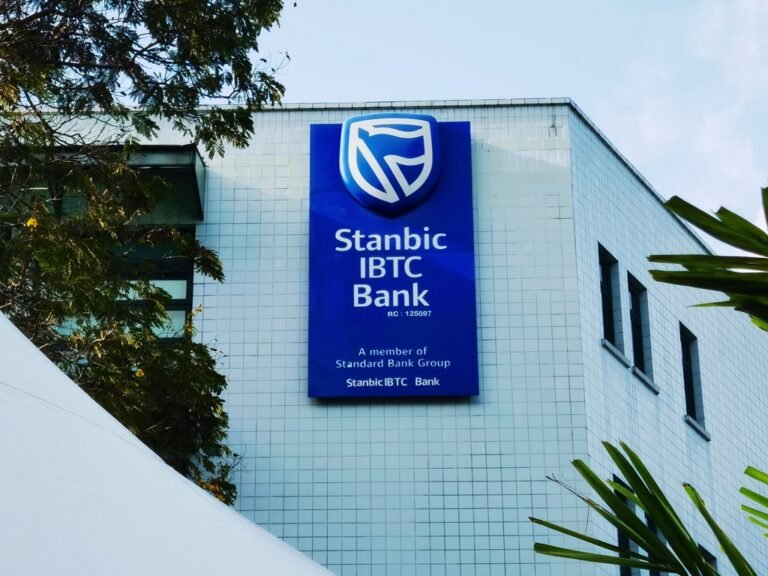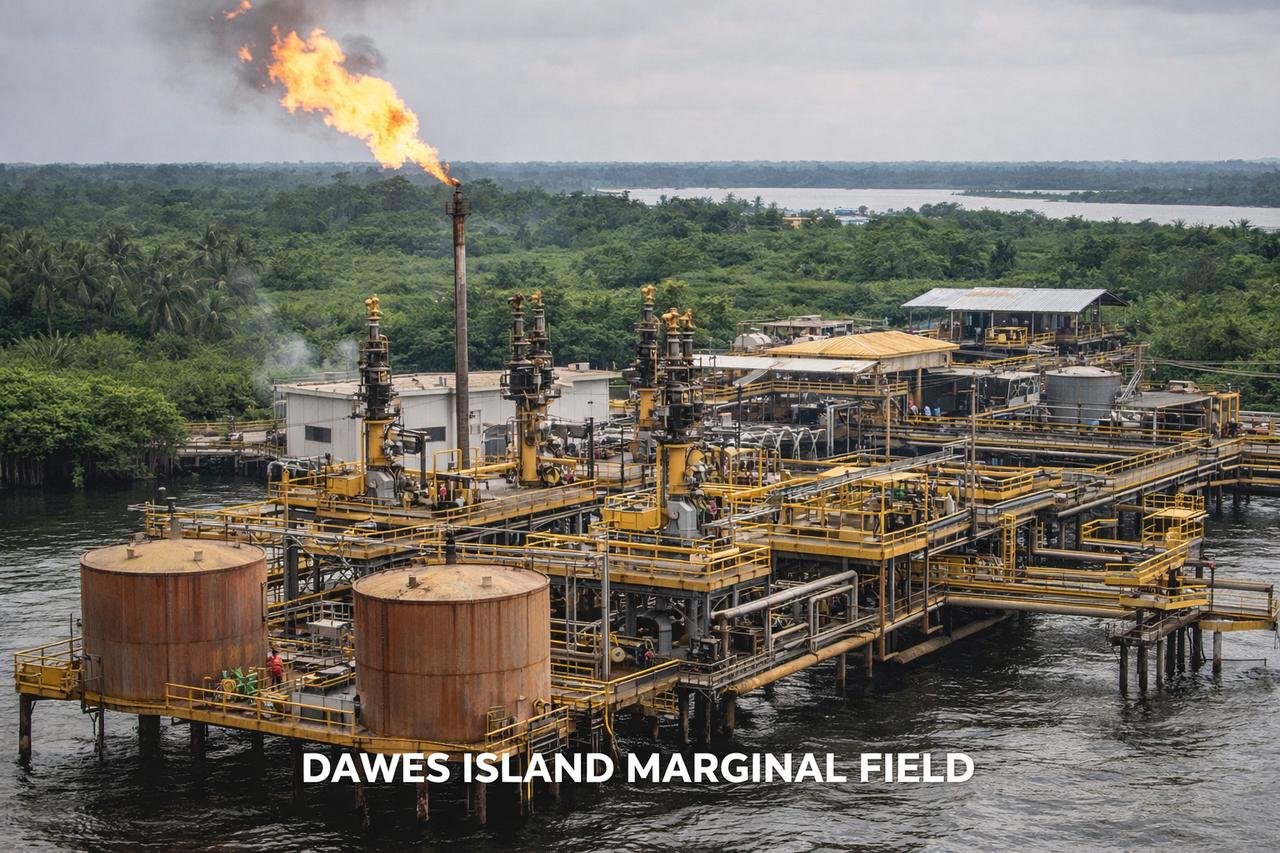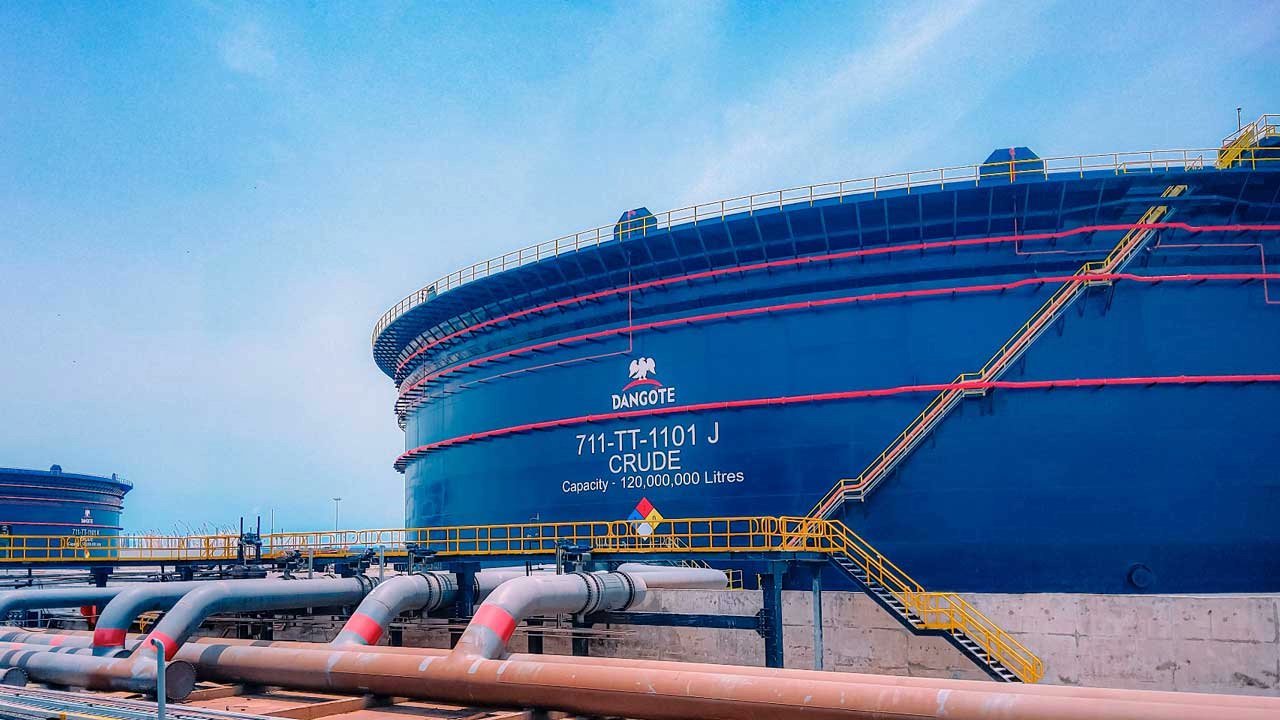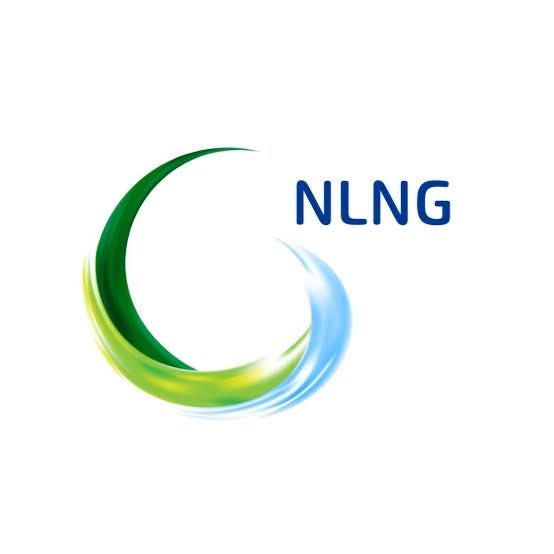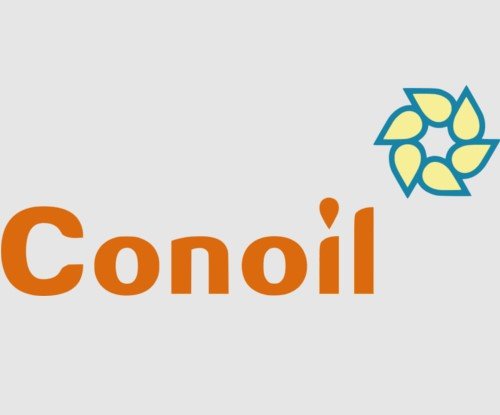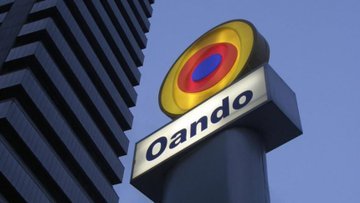As Arbiterz earlier reported, the Nigeria National Petroleum Corporation (NNPCL) announced it is no longer the sole off-taker of the Dangote Refinery petrol.
Nigerian motorists and the general public have expected that the price of petrol in the country will reduce with the coming into the market of refined petroleum products from the Dangote Refinery.
But there has been two increases in the price of petrol in Nigeria since Dangote Refinery announced in early September 2024 that it has started producing petroleum with the last one coming a day after the NNPLC that it was no longer the sole off taker of petrol from the Dangote Petroleum Refinery. The latest price increase has led many to conclude that the fuel subsidy is at last gone.
In an interview on Trust TV, energy expert Olabode Sowunmi shared his insights on the widespread expectation of cheap or subsidised petrol.
The Removal of Subsidies: Impacts and Implications
The exchange rate of the naira has been under pressure in recent years.
According to data from the Central Bank of Nigeria, the naira depreciated from an official rate of approximately 411 NGN/USD in 2021 to about 800NGN/USD by mid-2024.
This difference creates uncertainty and makes it challenging to stabilize local fuel prices.
An average Nigerian is now forced to bear the full effect of these exchange rate fluctuations as a result of the removal of subsidies.
Sowunmi emphasized the complexity surrounding the removal of fuel subsidies. He pointed out that fluctuations in oil prices, particularly concerning the US dollar, seriously affect local pricing. “When they said they removed the subsidies, it came to about 800 naira,” he explained.
He went on to explain further how pricing is heavily influenced by the naira’s value relative to the dollar, saying that “if there is a fluctuation between naira and dollar, the product will also fluctuate.”
While he acknowledged the impact of subsidy removal on fuel prices, Sowunmi urged caution in concluding without more concrete information. “We need to hear directly from the parties involved so we don’t make assumptions,” he stated, highlighting the necessity for transparency in pricing strategies.
Dangote Refinery: A New Era for Fuel Supply?
With Dangote Refinery now selling fuel in naira, questions arise about the relevance of dollar prices in this new framework.
The shift raises questions about how dollar-based pricing will factor into the nation’s fuel supply moving forward.
Given Nigeria’s past experiences with unstable currency rates and difficulties with subsidies, this development may completely alter the local fuel market.
The expert emphasises the uncertainty surrounding the refinery’s arrangement with the Nigerian National Petroleum Corporation (NNPC), suggesting that if naira transactions aren’t fully established, the NNPC may still need to source fuel from alternative suppliers.
“It depends on where they get their product from and at what cost Dangote is selling,” he clarified. He called for clearer communication from both Dangote and NNPC to facilitate a more informed analysis of the situation.
Sowunmi also addressed the common belief that Nigeria’s status as a crude oil producer should correlate to cheaper fuel prices.
He argued that this assumption oversimplifies the refining process, comparing crude oil to raw river water that still needs purification before consumption, explaining, “The fact that we have crude oil does not necessarily translate to cheap products.”
Nigeria is unable to properly utilize its resources due to historical problems in the industry and the difficulties of the refining process.
He stressed that while the potential exists, the reality is different: “We’re focusing so much on the potential when we haven’t gotten the final result.”
Geopolitical Factors and Their Impact on Local Prices
In light of escalating global tensions, including Israel’s preparedness for a potential conflict with Iran and the ongoing Russia-Ukraine crisis, Sowunmi warned of the potential for increased oil prices.
Analysts predict that a rise to $100 per barrel could be on the horizon, which would likely affect local pump prices in Nigeria. Sowunmi remarked, “It’s good and bad news for Nigeria. We’ll have income into the country, but more money doesn’t necessarily convert to development.”
He stressed the value of planning ahead of time rather than merely responding to market fluctuations and argued for the government and regulators to take proactive steps to be ready for such situations.
The Role of Compressed Natural Gas (CNG) in Nigeria’s Energy Future
As discussions on diversifying energy sources continue, the potential of Compressed Natural Gas (CNG) as an alternative fuel has been proposed.
Sowunmi expressed concern about the slow adoption of CNG and the lack of infrastructure to support it. He mentioned a special committee established to promote CNG initiatives but noted that there has been insufficient feedback to the public.
“There are certain initiatives that are meant to bring solutions,” he said, urging citizens to hold accountable those responsible for implementing these strategies. He stressed the importance of questioning what has been accomplished and what plans are in place for future infrastructure development.
What do you need to know?
The relationship between fuel prices in Nigeria and the requirements for openness, foresight, and public participation are made clear by Sowunmi’s observations.
It is critical to keep in mind that long-term solutions for energy security depend on open and proactive actions from major players like Dangote and NNPCL as Nigeria navigates this new era in fuel supply with the construction of the Dangote Refinery.
Stakeholders must also collaborate and prioritize long-term solutions that can lead to sustainable energy practices and economic growth.
However, the question on every Nigerian’s mind is: how soon will the nation experience another spike in fuel prices?














